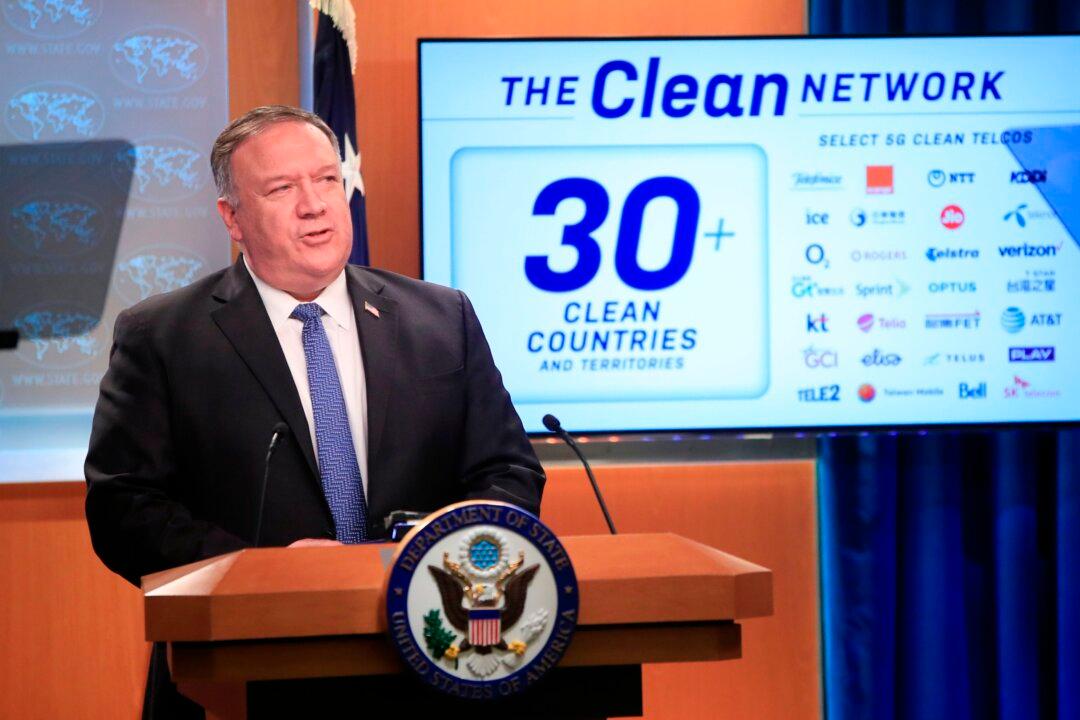U.S. Secretary of State Mike Pompeo will travel to Central and Eastern Europe this week to discuss regional security issues, efforts to counter Chinese and Russian influence in the region, and energy cooperation.
Pompeo will visit the Czech Republic on Aug. 11, where he'll meet with his Czech counterpart Tomas Petricek to commemorate the 75th anniversary of the liberation of Western Czechoslovakia in World War II by the U.S. Army. Pompeo also will meet with Czech Prime Minister Andrej Babis to discuss nuclear energy cooperation, and he will have “a courtesy call” with Czech President Milos Zeman, according to a State Department statement.





